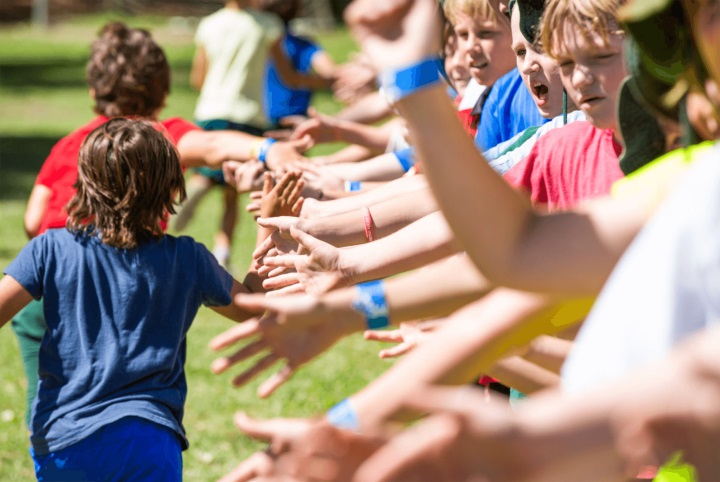There are some real advantages to having your child be involved in after-school activities, and even more so if those activities are sports-related. However, for a lot of children, involvement in or being part of these clubs has little to no appeal.
So, the difficult bit is not necessarily about your child’s progression in a team or in affording all the right gear but in the actual encouragement of getting them to sign up and attend in the first place. You may find their lack of interest is down to fear or not having the courage to walk into a strange place, deal with strange people or be faced with the unknown.
To conquer this, you should talk to your child and, if possible, try and get a friend to sign up at the same time. Confidence in numbers is nothing new, and just because you have confidence in your child’s ability it does not necessarily follow that they share your feelings.
Of course, once they have been a couple of times, they will no doubt realize the enjoyment that they could be feeling, especially if they start forming friendships within the teams.
This article will highlight the importance of encouraging your child to take up a team sport.
Benefits
It is certainly worth persevering with, although you shouldn’t be too pushy or nag your child into joining a club. Maybe taking them along to a couple of matches to watch and support could help your child become familiar with the faces and also see the benefits of joining in, including the following:
Improves confidence and social behaviour
Your child will certainly improve in confidence and even more so if they find that they are actually good at the sport in which they are a part of. It will also improve their social behaviour. This can be down to being involved with a club that is highly social itself or due to being in a team with mixed age groups and therefore having peers outside of the home and school life to look up to.
Increases fitness levels and provides a focus
It will undoubtedly increase your child’s fitness level as well as improve their moods, as exercise is known for releasing positive endorphins into the brain. In addition, it will also help them learn to focus. This is a highly important trait for later life, as it will help them to study at school and help them deal with the stress of upcoming exams and adult life.
When Life Turns Upside Down
Even if you are successful in getting your child to sign up and get involved with a team sport, it may not all be plain sailing. Issues can arise at any point in life, and when playing a contact sport, it only takes a few seconds of misjudged action or a slip in focus to have horrendous results. If your child does suffer a serious injury, sport could still provide them with a focus and a high level of enjoyment. For example:
Sport can provide a personal goal
Being the recipient of a bad tackle on the pitch is more commonplace than you probably think. Although players are educated not to tackle in a manner that will undoubtedly cause harm to other players, there are scenarios where it could, and sometimes does, still happen. A bad tackle can result in muscle or bone injury or worse, a spinal injury. Finding that your child has difficulty moving due to a sports injury can be devastating for a parent and horrific for a child.
However, a visit to a stem cell treatment centre may be able to help your child with their injuries by increasing their healing potential. Although they may never be back to how they were before the accident, it may help them be the best that they can be and therefore allow them to set goals for themselves along their route to gaining control of their new life and the future that they have ahead of them.
Open doors with new sports teams
Of course, if they want to get back on the pitch, this will indeed provide them with a goal that they know they will enjoy once they have achieved it. There are plenty of sports teams for disabled players, regardless of their abilities. These individuals are not just there to provide support to new members, but they also give hope to those wanting to follow in their footsteps.
Getting your child involved as early as possible (even if it is just watching matches on the TV) will help them focus on what they can do rather than fill their minds with what they can’t.













